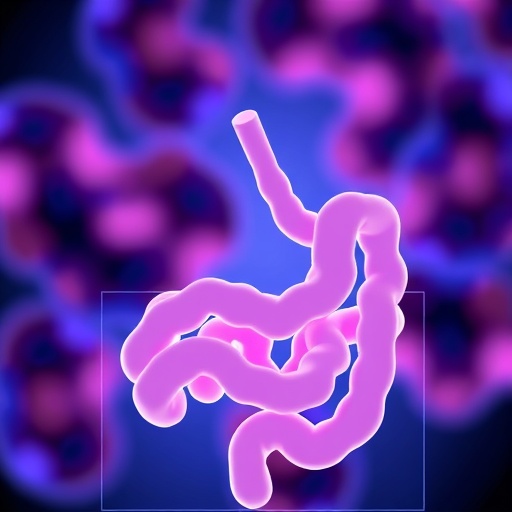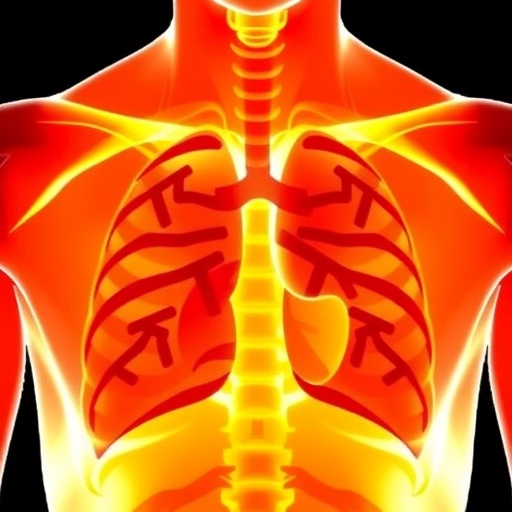ROCHESTER, Minn. — Six genes contain mutations that may be passed down in families, substantially increasing a person's risk for pancreatic cancer. That's according to Mayo Clinic research published in the June 19 edition of the JAMA. However, because researchers found these genetic mutations in patients with no family history of pancreatic cancer, they are recommending genetic testing for all pancreatic cancer patients as the new standard of care.
Currently, health care providers offer genetic testing only to pancreatic cancer patients with a family history of the disease. That accounts for just 10 percent of all pancreatic cancer cases. Research suggests these testing guidelines miss genetic predisposition to cancer in up to 90 percent of pancreatic cancer patients with no family history. This finding is significant in part because the data suggest that family members should have DNA testing to understand their risk for cancer.
"This study provides the most comprehensive data to date supporting genetic testing for all pancreatic cancer patients," say Fergus Couch, Ph.D., a senior author on the study. "This is the first study to provide estimates on the magnitude of cancer risk associated with each gene. It indicates that family history alone cannot predict who has these mutations."
"Multiple genes can each increase risk of pancreatic cancer. But if genetic testing is performed only on patients with a family history of pancreatic cancer, then a small number of patients will be helped," says Gloria Petersen, Ph.D., a Mayo Clinic researcher and senior author.
Genetic testing was conducted on 3,030 pancreatic patients who were seen at Mayo Clinic between 2000 and 2016. The test results of 21 cancer genes were compared to similar results from more than 123,000 patients without pancreatic cancer. The study found six genes clearly linked to an increased risk of pancreatic cancer: BRCA1, BRCA2, CDKN2A, TP53, MLH1 and ATM. These genetic mutations were identified in 5.5 percent of all pancreatic cancer patients, including 5.2 percent of cancer patients without a family history of pancreatic cancer.
Patients who have these genetic mutations are at a substantially higher risk for pancreatic cancer, but that does not definitively mean they will develop the disease.
"The conclusion of this study is that we now have better molecular insights into the underlying genetic causes of pancreatic cancer," says Raed Samara, Ph.D., a study author from QIAGEN Sciences Inc. "The comprehensive data generated from this cohort required the specific and uniform sequencing, and deep analyses of a focused set of cancer predisposition genes. The risks of developing pancreatic cancer due to mutations in these genes can be more accurately estimated than ever before because of this seminal study." Qiagen Sciences Inc. designed the DNA testing for this research.
Often, pancreatic cancer is not diagnosed until late stages, when it has spread to other parts of the body. This year, 55,000 Americans will be diagnosed with pancreatic cancer, and 44,000 American will die of the disease this year, according to American Cancer Society estimates.
###
Further clinical trials will be needed by other researchers to replicate the findings.
Study funding comes from the National Institutes of Health grants R01CA192393 and R01CA97075; Mayo Clinic Specialized Program of Research Excellence in Pancreatic Cancer; Mayo Clinic Department of Laboratory Medicine and Pathology Research Funds; Mayo Clinic Center for Individualized Medicine; the Rolfe Pancreatic Cancer Foundation; the Stand Up To Cancer-Lustgarten Foundation; and the Vernon F. and Mae E. Thompson Charitable Fund.
Additional authors are Robert McWilliams, M.D., and Eric Polley, Ph.D.
About Center for Individualized Medicine
Mayo Clinic Center for Individualized Medicine discovers, translates and applies new findings in genomic research into individualized medicine products and services for patients everywhere. Learn more on the Mayo Clinic Center for Individualized Medicine website.
About Mayo Clinic
Mayo Clinic is a nonprofit organization committed to clinical practice, education and research, providing expert, comprehensive care to everyone who needs healing. Learn more about Mayo Clinic. Visit the Mayo Clinic News Network.
Media Contact
Susan Buckles
[email protected]
507-284-5005
@MayoClinic
http://www.mayoclinic.org/news
https://newsnetwork.mayoclinic.org/discussion/mayo-clinic-discovers-gene-mutations-linked-to-pancreatic-cancer-calls-for-expanded-testing/




